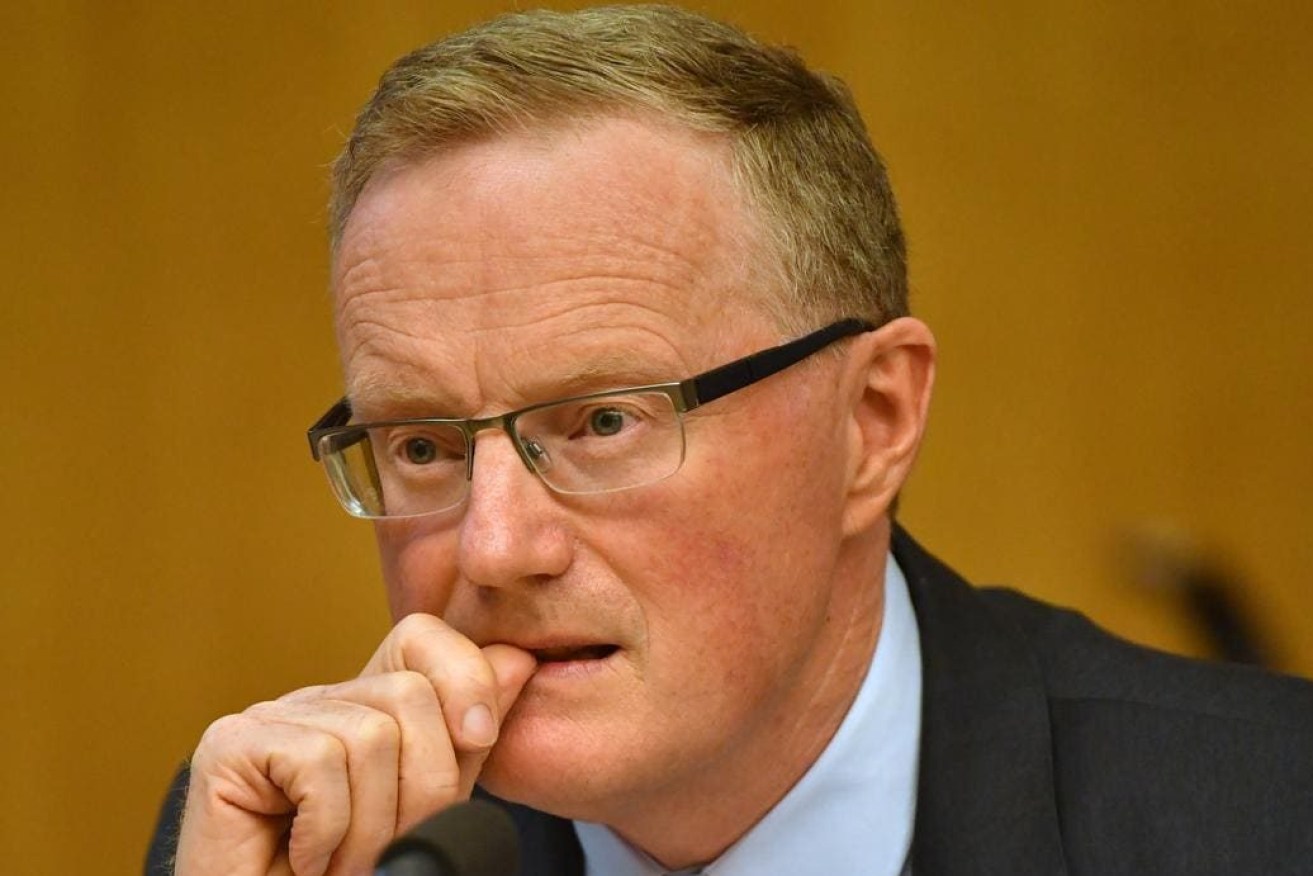Australians have lost faith in the RBA but Lowe remains defiant
Australians have lost faith in the Reserve Bank’s ability to contain inflation with only 9 per cent saying they were confident that the country’s inflationary pressures would ease next year, a survey has found.


RBA Governor Philip Lowe
Canstar’s 2022 Pulse Report suggests that 44 per cent of Australians had no confidence in the RBA, with women more pessimistic than men.
The findings present a profound problem for the RBA because it needs consumers to believe in its strategy, but its previous forecasts which included that it would be 2024 before interest rates would rise, were found to be deeply flawed.
Reserve Bank Governor Philip Lowe said on Wednesday he had no intention of quitting and hoped to be reappointed when his term ends next year.
Lowe said the priority of the RBA was still to reduce inflation and most economists believed it would fall sharply next year.
The Canstar report has tracked some significant changes in attitude. Among them was that Australian parents were perhaps fed up with the children remaining at home well into adulthood.
In 2019, the average age Australians believed to be too old to be living with their parents was 30. It rose to 34 in 2021 but has dropped back to 26 this year.
But a growing number of Australians (24 per cent) felt parents also had an obligation to help their children buy their first home, the Canstar report said.
That compared with 21 per cent last year. Although there was still a much bigger percentage who believed children should make their own way, 30 per cent of Generation Xs and 27 per cent of millennials believed that parents had a responsibility to help.
Not surprisingly, about two-thirds of those surveyed thought house prices would stabilise, grow or possibly skyrocket in 2023 despite the RBA’s forecast that they would fall by 20 per cent.
But the financial pain among Australians is real. A third of respondents were uneasy or stressed about their personal finances and almost 40 per cent had been forced to dip into their savings.
More Australians were also carrying debt outside the mortgage and cost pressures were elevated. For Gen Z that is mostly HECS fees whereas for Millennials it is for credit cards.
Canstar said a large number of Australians paid down debt and said this may be because overseas travel was not possible and new cars would very difficult to obtain during Covid.
About a third of respondents were considering the selling their property in 2023 but only 5 per cent said they could not afford the loan repayments. More than double that level wanted to upgrade.
However, half of respondents said they had not switched lenders and had no intention of doing so, despite the prospects of lower interest rates being available. About 24 per cent said they had negotiated a better interest rate in the past 12 months.
Queensland home owners were also far better off than other mainland states in terms of the interest rate they were paying on mortgages. They were paying an average 4.2 per cent. In NSW it was 4.6 per cent and Victoria 4.5 per cent.












